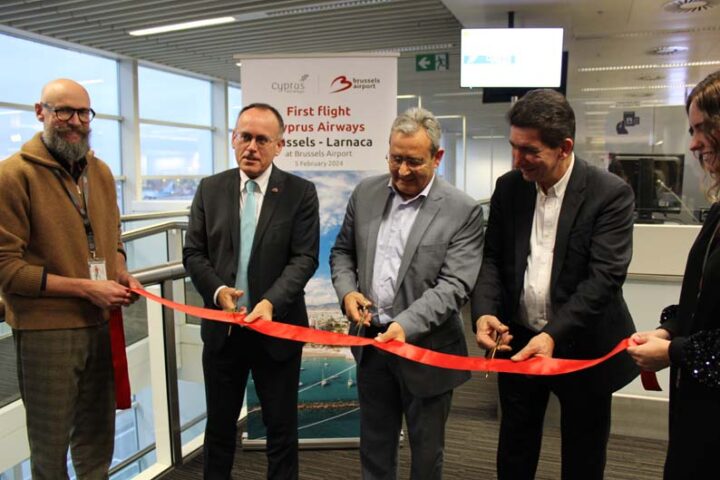Highlighting the sector’s pivotal role in the economy, official forecasts predict an increase in tourism’s contribution to the GDP this year to 12.8%, up from 12.2% in 2022.
Tourist arrivals for January to October reached 3,562,417, a 21.1% increase from the same period in 2022.
Revenues from January to August totalled €2.02 billion, marking a substantial 25.4% increase from 2022.
The tourist profile for 2023 indicates growth from key markets, including the United Kingdom (7.2% increase), Germany (+5.9%), France (+31.1%), Sweden (+21.4%), Switzerland (+19.3%), Poland (+47.1%), and Israel (+63%).
Reflecting a positive outlook, the Deputy Ministry of Tourism projects a substantial increase of its revenue by €2,665,100 for 2024 compared to 2023, according to the annual budget presented before MPs.
The initial 2024 budget for the deputy ministry stands at €65,203,659, reflecting a notable increase from the 2023 budget of €53,513,250.
The 2024 budget incorporates the Recovery and Resilience Fund subsidy plans, contributing €8,100,000.
The revenue breakdown for the Deputy Ministry of Tourism budget, which is under scrutiny by the House Finance Committee, reveals that the majority of income, totalling €12,610,100, is derived from rents, marina management rights, gaming and casino rights, and other related income.
For 2024, an allocation of €12 million has already been earmarked for hosting Ukrainian refugees and unaccompanied minor applicants.
The budget for promoting Cyprus abroad is set to increase by €250,400 in 2024, reaching €19,720,000 from €19,469,600 in 2023.
According to the World Travel & Tourism Council, the industry job share estimates are projected to grow to 13.5% in 2023 from 12.6% in 2022 and 12% in 2021.
The government’s vision centres on establishing Cyprus as a quality, sustainable, digitally intelligent, accessible, socially beneficial, and year-round destination.
Objectives include updating the National Tourism Strategy by 2035, emphasising sustainable development, green transition, digital transformation, and enhancing accessibility infrastructure.
Other strategic goals involve upgrading infrastructure and services, promoting special forms of tourism, and enhancing the licensing framework for tourist businesses.










